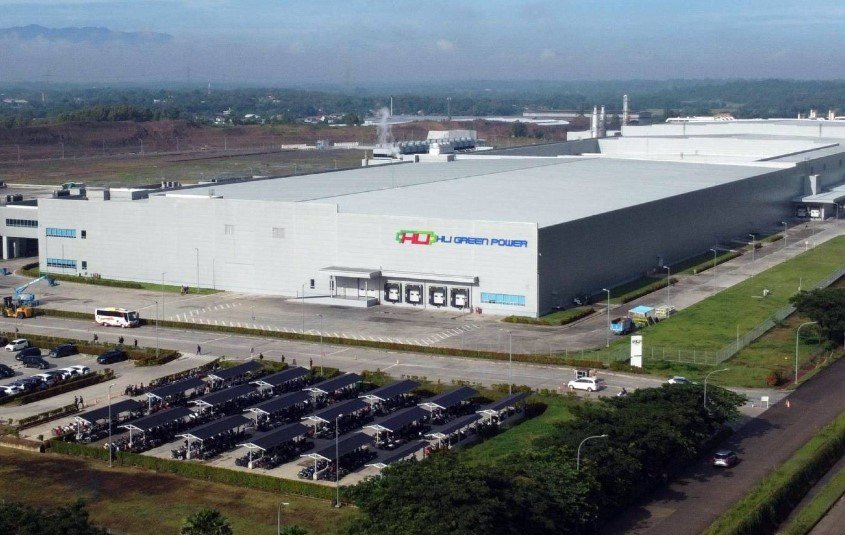Aspen Aerogel Inc., a key supplier of thermal barriers for electric vehicle batteries, has pulled the plug on a $325-million manufacturing facility in Georgia. Instead, the company is doubling down on expanding its current operations in Rhode Island, signaling a shift in strategy amid evolving market conditions.
Project Halt Leaves Questions Unanswered
The now-abandoned facility in Statesboro, Georgia, was set to span 500,000 square feet across 90 acres. The move had been touted as a significant investment in EV battery technology, aimed at boosting production capacity to meet growing demand. However, CEO Donald Young confirmed on Feb. 12 that the company would abandon the Georgia project to prioritize “maximizing capacity” at its existing Rhode Island plant.
New York-based Turner Construction Co. had been tapped for the project, but the company has not commented on the cancellation. The announcement leaves questions about potential financial and logistical factors that contributed to the decision, as well as what it could mean for the local economy in Georgia.

Market Pressures and Industry Trends
The decision to redirect investments suggests that Aspen Aerogel is responding to broader market pressures. The EV sector has faced fluctuating demand, supply chain constraints, and shifting incentives. Many battery component suppliers have had to reassess expansion plans as economic uncertainties and production costs rise.
- Companies across the EV battery supply chain are reconsidering capital-intensive projects.
- Rhode Island’s existing infrastructure may offer a more cost-effective alternative for Aspen.
- Potential federal or state-level incentives could have influenced the decision.
This trend isn’t unique to Aspen. Several other manufacturers have recently adjusted their investment strategies, focusing on optimizing current facilities instead of committing to entirely new locations.
Impact on Georgia and the Local Workforce
The canceled project represents a setback for Georgia’s ambitions in the EV manufacturing space. The state has aggressively pursued investments in the sector, securing deals with major players like Hyundai and Rivian. Losing Aspen’s plant means missing out on a significant economic boost, including job creation and supply chain growth.
The local workforce had anticipated new employment opportunities from the facility. While other EV-related projects in Georgia remain on track, this cancellation could be a cautionary tale for other companies eyeing the state for future investments.
A Strategic Shift for Aspen Aerogel
For Aspen, the decision underscores a strategic pivot. Expanding in Rhode Island allows the company to leverage existing resources without the financial burden of developing a new site from scratch. The move could enhance efficiency in production while keeping costs in check.
While the decision to cancel the Georgia plant might be disappointing for the region, it highlights the difficult choices businesses face when balancing expansion ambitions with economic realities. The EV battery sector remains a dynamic space, with companies continually adapting to shifting industry forces.
